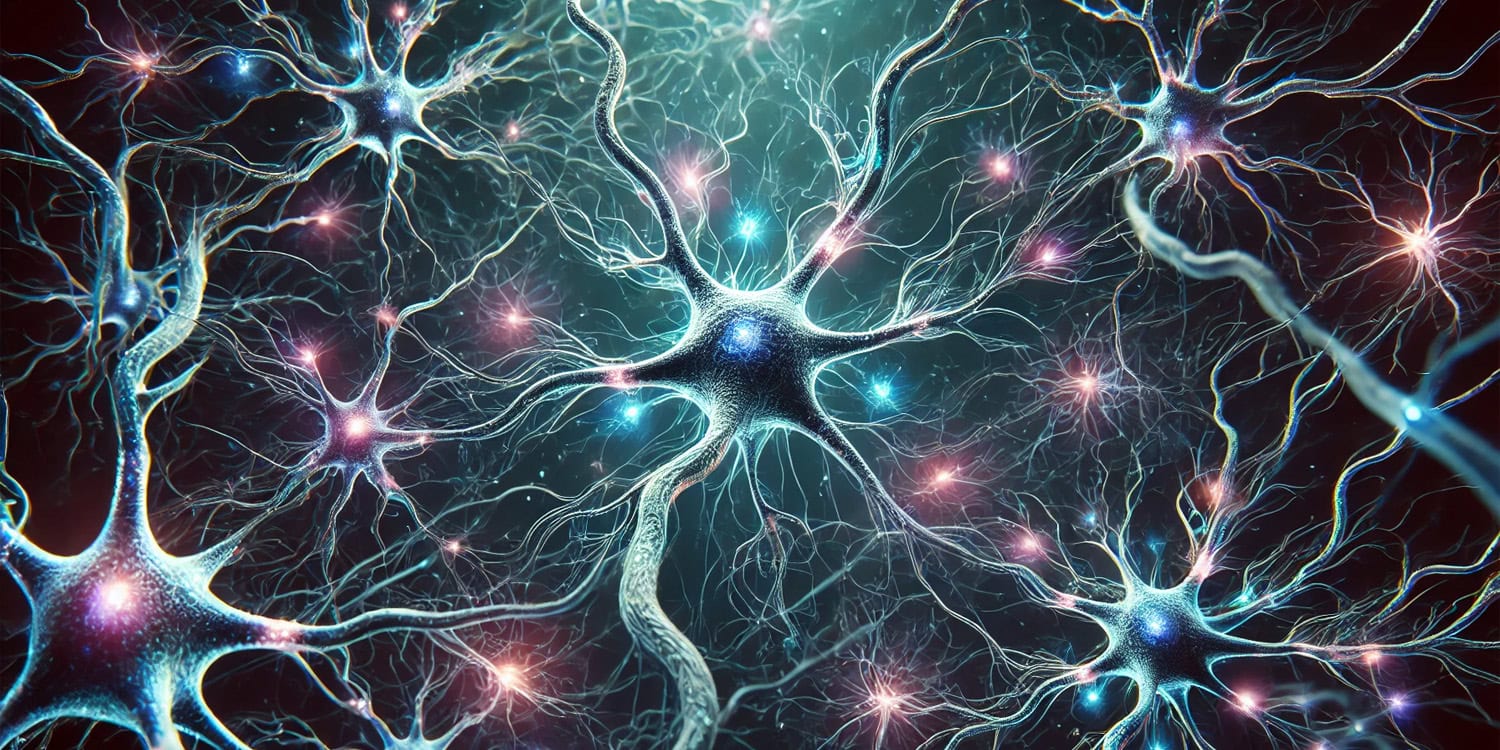A recent study published in the Journal of Psychopharmacology suggests that psilocybin, the psychoactive compound found in certain “magic” mushrooms, could provide rapid and sustained antidepressant effects by promoting brain plasticity. The research shows that a single dose of psilocybin not only alleviated depression-like behaviors in mice but also improved structural and functional changes in the brain. These changes were particularly evident in areas related to mood regulation.
Major depressive disorder is a debilitating mental health condition affecting millions of people worldwide. Unfortunately, conventional antidepressants, such as selective serotonin reuptake inhibitors, are not effective for everyone. Up to one-third of patients do not experience sufficient relief from their symptoms. Moreover, traditional treatments can take several weeks or even months to take effect, leaving individuals in a prolonged state of distress. These limitations highlight the need for faster and more reliable treatment options.
In recent years, interest has grown in the use of psychedelic compounds, such as psilocybin, for treating depression. Early clinical research has indicated that psilocybin may offer rapid antidepressant effects that last for extended periods, sometimes up to a year, without significant side effects.
However, while human studies have been promising, there has been limited research on how psilocybin works in animal models of depression, particularly concerning its effects on brain plasticity. Brain plasticity refers to the brain’s ability to adapt by forming new connections between neurons, a process thought to be crucial for recovery from depression.
In this study, the research team aimed to explore how psilocybin influences neuroplasticity in mice, especially after prolonged exposure to stress, which mirrors some characteristics of depression in humans. The researchers divided the mice into two groups: one exposed to chronic stress via corticosterone, a hormone associated with the body’s stress response, and one that was not. Corticosterone is widely used in research to induce symptoms in mice that resemble depression in humans, such as reduced motivation and loss of interest in rewarding activities, akin to the anhedonia and lethargy experienced by individuals with depression.
To assess psilocybin’s effects, the researchers administered the compound at different doses and evaluated the mice using several well-established behavioral tests. The forced swim test, a common measure of depression-like behavior in animals, was used to gauge the mice’s willingness to keep swimming. Mice that give up swimming more quickly are considered to display depressive behavior. The team also used the sucrose preference test, where a reduced preference for a sweetened drink signals anhedonia, and the novelty-suppressed feeding test, which measures anxiety-like behavior by tracking how long a mouse hesitates before eating in a new environment.
In addition to behavioral assessments, the researchers investigated the biological impact of psilocybin on the brain, focusing on two critical regions: the prefrontal cortex and hippocampus, both of which are vital for mood regulation and memory processing. They examined structural changes in neurons, such as dendritic branching and spine density—key indicators of neuroplasticity, or the brain’s ability to form and reorganize connections. They also measured the levels of proteins involved in synaptic function, including brain-derived neurotrophic factor (BDNF) and mammalian target of rapamycin (mTOR), both of which play important roles in promoting neural growth and connectivity.
The findings showed that even a single dose of psilocybin produced rapid and long-lasting antidepressant-like effects in the mice. Behavioral improvements were observed as early as 12 hours after administration and persisted for up to a week. This sustained response suggests that psilocybin’s therapeutic benefits may extend well beyond its immediate effects, making it a potentially powerful treatment for depression.
Moreover, psilocybin helped counteract the negative effects of chronic stress exposure. Mice that had been given corticosterone displayed significantly reduced neuroplasticity in both the prefrontal cortex and hippocampus, as evidenced by fewer dendritic branches and lower dendritic spine density. However, psilocybin reversed these changes, increasing both dendritic branching and spine density in these regions. This indicates that the drug helped restore the brain’s ability to form and maintain neural connections, a function that is often impaired in depression.
Further analysis revealed that psilocybin enhanced the production of important synaptic proteins and activated the BDNF-mTOR signaling pathway, which is crucial for both neurogenesis (the formation of new neurons) and synaptogenesis (the creation of new synaptic connections between neurons). This activation suggests that psilocybin may help the brain repair itself after prolonged periods of stress, supporting the idea that it could be useful for addressing the underlying biological damage associated with depression.
In addition to improving neuroplasticity, psilocybin also promoted neurogenesis in the hippocampus, as shown by an increase in cells expressing doublecortin (DCX), a marker for the formation of new neurons. This is a particularly encouraging finding because decreased hippocampal neurogenesis is strongly linked to depression. By promoting the growth of new neurons, psilocybin may help address one of the key biological processes disrupted in depressive disorders, offering a potential pathway for recovery.
These findings shed light on the mechanisms by which psilocybin could act as an effective treatment for depression, providing rapid relief while also promoting long-term changes that help the brain rebuild and adapt after stress or trauma.
While the findings of this study are promising, it is important to acknowledge several limitations. First, the study was conducted on mice, which means that its results may not fully translate to humans. Mice are often used in early-stage research because their biological systems share many similarities with humans, but human clinical trials will be necessary to confirm these effects.
Additionally, although psilocybin appeared to have a favorable safety profile in this study, its long-term effects on brain function and potential side effects, particularly at higher doses, need further exploration. Psychedelics can have powerful psychological effects, and while psilocybin shows great promise as a treatment for depression, more work is needed to establish its safety and efficacy for widespread clinical use.
The study, “Psilocybin promotes neuroplasticity and induces rapid and sustained antidepressant-like effects in mice,” was authored by Xiangting Zhao, Yingjie Du, Yishan Yao, Wei Dai, Yongyu Yin, Guyan Wang, Yunfeng Li, and Liming Zhang.




